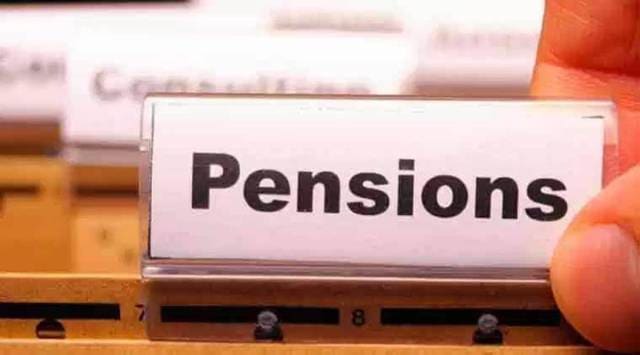Pension scheme with minimum assured returns in the works: PFRDA
Currently, there are about 5.3 crore subscribers of Atal Pension Yojana (APY). For this year, the target for enrollment is 1.3 crore against 1.2 crore last year, Mohanty said.
 The committee will also suggest changes to improve the pensionary benefits of government employees covered under NPS, ensuring that fiscal prudence is maintained to protect common citizens.
The committee will also suggest changes to improve the pensionary benefits of government employees covered under NPS, ensuring that fiscal prudence is maintained to protect common citizens. A pension scheme with minimum assured returns is in the works by the Pension Fund Regulatory and Development Authority (PFRDA), which may entail higher premium payments for higher returns, the regulator’s Chairman, Deepak Mohanty, said on Wednesday. Mohanty added that the PFRDA’s assets under management increased to Rs 9.4 lakh crore, but India’s pension assets are still lower than many developed countries.
Currently, there are about 5.3 crore subscribers of Atal Pension Yojana (APY). For this year, the target for enrollment is 1.3 crore against 1.2 crore last year, Mohanty said.
“That is very much in the works…there we have to balance risk and return…somebody gives assurance, which will come with a cost. Like in APY, the government gives assures, and they bear the cost,” he said. In the case of an assured return, he said, the pension fund has to provide more capital because it is taking more risk. “We are considering that product. We have made some progress. We will come out with that product, and at the same time that one would have to see that the return should be attractive,” he added.
About APY, he said, PFRDA aims to increase enrollment under the scheme aided by regional rural banks. The scheme has generated a 9 per cent return, and the government has assured gap funding.
Asked about any discussions on pension proposals by the Finance Secretary-headed panel to review the pension system for government employees, Mohanty, a member of the panel, said it is too premature to comment on it.
As per the terms of reference of the committee, which was announced in April against the backdrop of many states opting for an old pension scheme that offers defined benefits, it would suggest whether any changes are warranted given the existing framework and structure of the National Pension System (NPS), also called the new pension scheme, as applicable to government employees. The committee will also suggest changes to improve the pensionary benefits of government employees covered under NPS, ensuring that fiscal prudence is maintained to protect common citizens.
- 01
- 02
- 03
- 04
- 05































